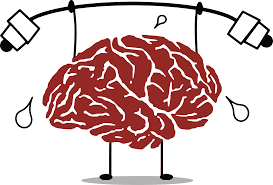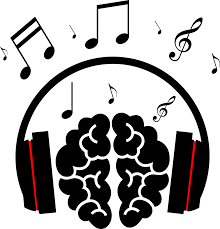Do you ever notice how you get the urge to get up and feel the groove when a particularly upbeat and happy song comes on? Well turns out, that’s a very normal and scientifically backed response to music. According to John Hopkins Medicine and Harvard Health research, regularly listening to any genre of music has the potential to reduce levels of anxiety and depression and improve your quality of sleep, memory, and mental alertness. In fact, the calming nature of some classical ballads has even been shown to reduce blood pressure.

Keep Your Brain Young and Fit
As we age, we are constantly reminded of how to maintain the health of our joints, muscles, and organs. But, very rarely are we reminded or taught how to maintain our brain health. Music can help! Both new and familiar tunes can improve different areas of your brain function. Listening to familiar music can help people recall old memories; especially when you listen to songs stemming from the same time period of the memory you’re trying to recall. Unfamiliarity is always a benefit to your brain. From learning about new topics to doing puzzles, unfamiliarity challenges your brain in a way that nothing else can. In particular, listening to new and unfamiliar pieces forces your brain to struggle to comprehend the new sounds.
In addition to helping you recall old memories, and sparking your creativity, listening to music activates most regions of the brain and keeps pathways strong. It doesn’t just activate the auditory complex in the temporal lobes near your ears, but also activates and synchronizes parts of your brain responsible for emotion, memory, and motor systems. Think about how you tap your foot to the beat!

Pump Up the Music
A recent survey of over 3,100 adults conducted by AARP, showed that regular music listeners scored higher for mental well-being. And they also scored slightly lower for anxiety and depression, compared to non-music listeners. For people over the age of 50, active music engagement supports good cognitive function and higher ratings of happiness. Of those surveyed, nearly 70% of people exposed to music at a young age rated their ability to learn new things as “very good” or “excellent.” And children that were non-music listeners… only 50%.
So the only question left is…. whats your favorite genre and when are you listening next?!
By: Timandra Rowan
